If you are planning to buy new tires or replace old ones, it’s essential to know how long certain brands last, their quality, and their performance before committing your finances.
While there are several brands to choose from, the South Korean Hankook brand, in particular, offers affordable and durable tire models. But how long do Hankook tires last? Here is what I discovered!
Hankook tires typically last 20,000 miles (32,000 km), while some high-quality passenger tire models will last more than 60,000 miles (96,000 km), depending on the performance type. Based on the average yearly mileage of 13,500, Hankook tires should last between one to four years; however, this depends on the road conditions, brand, and driving habits.
To get more information about how long each Hankook tire brand lasts, how many seasons, when, and how to change them, read on!
Hankook tires can last more than 60,000 miles without requiring a tire change; however, some models will only last about 20,000 miles.
From my research, I discovered that customers are getting an average of 15,000- 25,000 miles, which is pretty low compared to the warranty offered by Hankook.
Since the average person drives around 13,500 miles every year, these tires will get you around 1.4 – 4.4 years and an average of 2.9 years.
When looking at this range in mileage, you need to factor in the fact that it varies greatly depending on each individual; therefore, Hankook tires will have a shorter lifespan if they are exposed to bad roads, potholes, reckless driving habits, and poor maintenance.
Additionally, some Hankook customers share that the longevity and performance of these tires will depend on the model and whether the tire matches the size, weight class, and stiffness of your car’s specs.
As stated above, tires wear out differently, depending on individual car owners and how they drive, plus road conditions, car type, and tire model.
Therefore, if you expose your tires to rough and rugged conditions, the chances are that they will wear out faster compared to well-maintained tires.
With this said, some Hankook tires wear out fast even before the expiry of the treadwear warranty, which significantly depends on how the car owners use the tires.
Hankook recommends that tires be replaced at a maximum of ten years after the date of manufacture, regardless of the treadwear, whether they have been used before or properly maintained.
Replacing tires is critical for the driver’s safety; therefore, they should be replaced if they are severely worn out or when a repair is impossible because of a puncture.
If you want to check if the Hankook tires are worn out, start by checking the tread wear every month by looking at the depth of the groove. In addition, always check the tires before and after a long journey.
Once you notice that the groove is wearing out, it means your Hankook tires have reduced grip, which increases the chances of unexpected accidents.
You should also check for tire inflation pressure as directed on these steps when carrying out regular maintenance.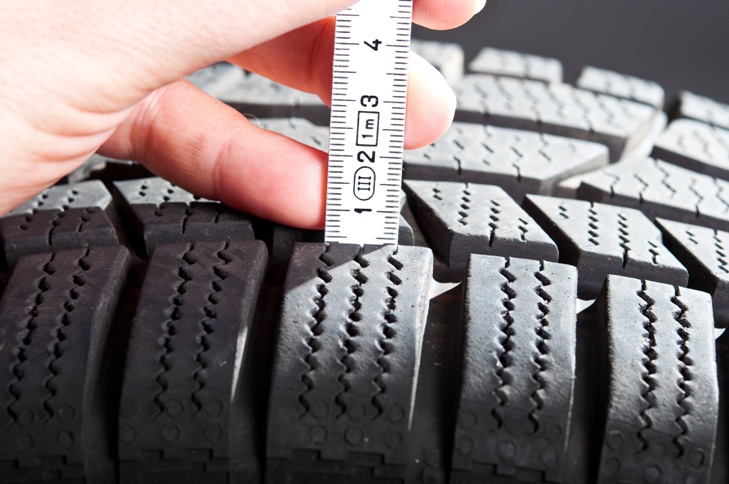
Based on the company’s recommendation, Hankook tires should be replaced after 10 years; therefore, you can use the manufacture date to determine whether the tire has reached its limit.
Like other tire brands, Hankook tires have markings on the tire sidewall with the details on the manufacturing date.
The tire will have a Department of Transportation (DOT) code embossed on the sidewall indicating the exact date.
The last four digits represent the year and week of the manufacture. For instance, 1208 means that the tire was manufactured on the 12th week of 2008.
If you can’t spot the date on the tire, you should try and check under the vehicle by detaching the tire first.
According to customer reviews, Hankook Kinergy GT tires can last for up to 60,000 miles without ever rotating them and more miles with regular rotations.
Designed for comfort, this range of tires has a warranty of 70,000 miles for all tire sizes, making them ideal for light trucks, SUVs, and passenger vehicles.
Hankook has a variety of Optimo tire models that are ideal for grand touring with a 70,000-mile tread life warranty.
With proper rotation procedures and inflation, these tires will last through the maximum mileage; however, aggressive use of the tires will reduce this number.
Optimo models are designed for all-season touring and for car owners with sedans, minivans, and crossovers who need tires that can handle all types of weather conditions.
If you are looking for a summer tire, the Hankook Ventus brand is the right one for you, especially if you have a high-performance vehicle.
As ultra-high-performance tires, they have a 45,000-mile warranty.
Designed for sports cars, sporty coupes, and high-performance sedans, these tires are also fitted with new technology that gives the tire consistent performance in dry and wet conditions.
According to Hankook, the Dynapro HP2 tires last for about 50,000 miles (80,000 miles) which should cover you for longer distances as long as you take proper care of the tires.
Designed for comfort and longer tread life, these tires are suitable for SUVs, crossovers, and sporty pickups; and they also have all-year-round drivability around town or on the highway regardless of weather conditions.
Dynapro AT2 tires have a 60,000-mile tread life warranty for all sizes. They are all-terrain tires that can handle smooth urban as well as off-road conditions.
While winter tires don’t have a life expectancy because they are seasonal, tire manufacturers estimate that you should get four seasons of wear from a set of winter tires.
When you compare the Hankook winter tires, the Winter I*cept iZ2 brand has a tread warranty of 40,000 miles, whereas the Winter I*cept evo2 and Winter I*cept evo2 for SUVs can last up to 30,000 miles.
Most of these winter tires also come with a replacement warranty that you can use if your tires get damaged early.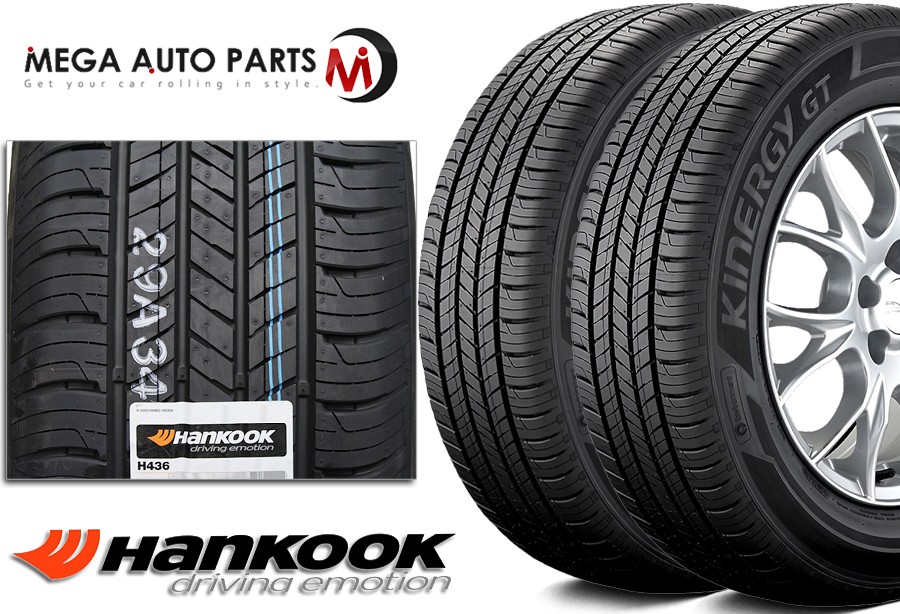
Compared to other tire brands, Hankook is among the youngest brand in the market, introduced in 1941.
Different models and tire sizes come at different prices; for instance, most passenger tires cost less than $100, while the rest can go up to more than $200, depending on the type of car, brand, and tire size.
While Hankook tires have an averagely optimal lifespan, they are affected by how car drivers use them.
Although the company recommends changing the tires before 10 years elapses since the manufacture date, it’s still advisable to regularly check your tires for any damages.
Some of the Hankook tires are designed to handle off-road while others are more suitable for smooth roads; therefore, you should ensure that you are using the right tire as a driver.
If you can avoid roads with too many potholes and speed bumps, but if it’s unavoidable, make sure you drive slowly to prevent punctures and damages to the Hankook tires.
Weather conditions also play a significant role in how long your tires will last. For instance, Hankook has winter tires that you can use when it’s snowing and wet and switch back to all-season when the roads are much drier.
Once you observe the above steps, your Hankook tires will not wear out faster.
To know more about tires, you can also read our posts on how long do Bridgestone tires last, how long do Michelin tires last, and how long do Pirelli tires last.
On average, Hankook tires can last from 20,000 to 60,000 miles depending on the brand type and individual use.
Furthermore, some tire brands have a longer lifespan with a tread life warranty of more than 80,000 if properly cared for.
However, some customers have shared that some of the tires from this brand tend to last less than the set warranty.
If the conditions are right, Hankook tires can last between one to four years before changing them based on this data.
Hankook Tires is the world’s seventh-largest tiremaker and produces many models.
Most tires last for at least 50,000 miles and are warrantied for up to 100,000 miles. Results always vary, but Hankook makes tires that could last a very long time.
We have previously looked at how noisy Hankook tires are as well as whether Hankook tires are worth the high price tag. Now, let’s look at how long they last.
Let’d dive a bit deeper.
How Hankook Tires stacks up against competing brands:Hankook Tires produces excellent tires that are very competitively priced and enjoy good warranty protection. The tires are reliable, very durable, and provide excellent traction and handling. The price is low compared to many brands and often matches or surpasses competing products in quality.
Table of Contents
How many miles do Hankook tires last?The tread life expectancy of any tire varies from one owner to the next. And the types of tires and how you use them makes a big difference in life expectancy.
But most Hankook tires are expected to last at least 50,000 miles or longer.
Hankook has at least 10 models that it warranties for up to 50,000 miles. And it has a dozen models that it warranties for even more miles.
So you can expect a set of new Hankook tires to last for at least 50,000 miles and probably longer when you take care of them.
Some specialty tires are rated for less than 50,000 miles, but they still do their intended jobs very well.
How many years do Hankook tires last when not used much?Hankook tires are capable of lasting for many years. The total number of years depends on how often you drive your Hankook-equipped vehicle.
Most of Hankook’s tires are warrantied for 50,000 miles or more, and you could get at least five years and likely more from a set of new tires.
You will have to maintain them to ensure the best mileage results. And the types of roads upon which you drive make a big difference in tread life.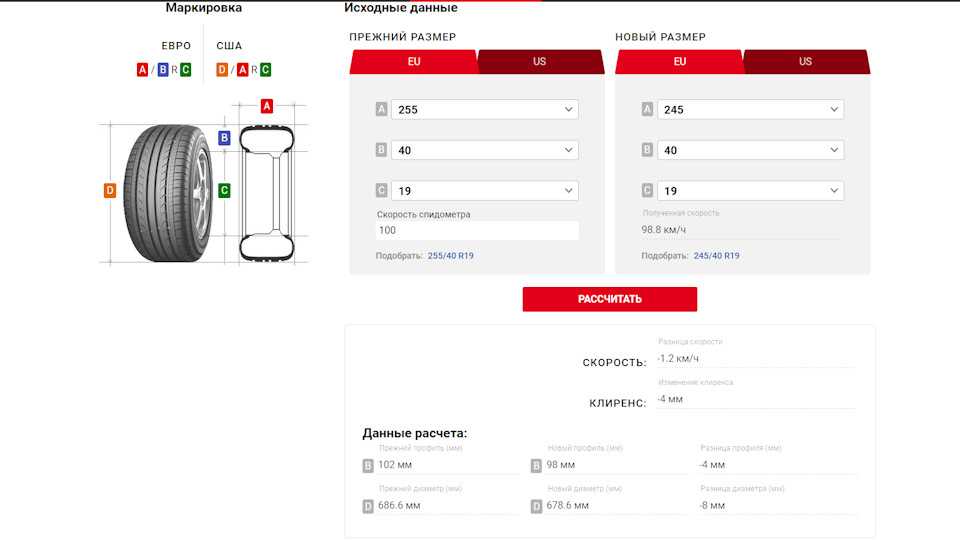
But proper maintenance combined with reasonable driving will help you to get many years from a set of new Hankook tires.
Do Hankook tires last longer than other brands?Hankook has at least a dozen tire models that it warranties for more than the industry standard of 50,000 miles. And it has several more that match the industry standard while providing excellent performance.
So it is safe to say that Hankook Tires produces many models that last longer than its similarly priced competitors.
Several tires are especially long-lasting with the Optimo H727 leading the pack with 100,000-mile limited warranty protection for the tread.
Several Optimo and KINERGY tire models also are warrantied for a very long life of 70,000 miles or more.
About the only tires that are rated for less than the industry standard are those that you would not expect to last for 50,000 miles.
Snow tires and some all-terrain tires use softer rubber compounds to help improve traction in relatively poor driving conditions.
You cannot expect to get good traction on snow-covered roads or while off-roading from a high-mileage tread compound.
But you can with a specially formulated snow or all-terrain tire like those that Hankook produces. Regular maintenance will help to ensure the best results.
How long does each type last?The life expectancy of Hankook tires generally is very good. The majority of Hankook tires match or exceed industry standards for life expectancy.
Some types, like snow tires, are understandably low at just 30,000 miles. But snow tires are engineered and built to handle the very worst of driving weather.
They also give you better traction on very cold roads by using softer tread compounds. And that shortens their life expectancy.
The life expectancy of particular Hankook tire models is very impressive and among the best in the global tire industry.
Some of the more popular Hankook tires and their respective warranty protection include:

You can do a lot to help get the maximum expected mileage and then some with Hankook tires.
If you just check the air pressures about once a week and top off any that are low, you can expect to get a lot of mileage from a set of Hankook tires.
It is important to keep an accurate tire pressure gauge in your vehicle so that you can quickly and conveniently check tire pressures.
And a portable air compressor that you can plug into a cigarette lighter or USB port for electrical power can help to keep your tires at their recommended pressures.
When you drive on properly inflated tires, they last longer and give you the best performance.
You also need to balance and rotate the tires about every 7,500 miles. In fact, that is what the Hankook Tires warranty protection requires to fulfill any warranty claims.
Balancing the wheels and rotating the tires helps to even out the wear and tear that tires endure over thousands of miles of road travel.
If you do not rotate the tires, they will not wear evenly. And that will reduce life expectancy and negate your warranty coverage.
Are Hankook tires worth the high price?Hankook Tires offers its customers very high-quality tires at a reasonably affordable price.
Hankook is considered to be a mid-level tire brand. But Hankook makes high-quality tires that are very competitively priced.
Their combination of high quality, durability, and performance make Hankook tires very much worth the price.
While they are priced more than budget brands, you definitely get what you pay for, including excellent warranty protection.
The vast majority of Hankook tires are designed to match or exceed industry standards for expected service life. And they are competitively priced.
There are more affordable tires available. But those tires do not last as long as Hankook tires can and are not as capable.
At least 10 Hankook tire models are rated for the industry average of 50,000 miles of expected tread life, and a dozen exceed that amount.
The tires generally perform very well and often better than higher-priced competitors.
Ultimately, Hankook tires generally are very good for the price and well worth it.
You can get up to double the life expectancy with many Hankook tire models without paying twice the price of budget-brand tires. And that makes them well worth the price.
How do Hankook tires rate?Hankook tires consistently rate as very good to excellent.
And customers generally praise the combination of quality and value when rolling with a full set on their favorite vehicles.
The tires provide buyers with a very comfortable ride with very low tire noise from most models.
The traction and heat ratings are among the best in the global tire industry. And customers consistently say they are highly satisfied with Hankook tires.
The price is reasonably affordable but certainly not cheap. That is because Hankook uses high-quality materials and advanced manufacturing processes to make its tires.
Hankook has several manufacturing facilities located around the world. And it enjoys the support of its parent corporation, Hercules Tire and Rubber.
Hankook designs excellent tires and tread patterns that perform very well under real-world driving conditions.
The manufacturing facilities are as good as any in the world. And so is the final product.
Hankook backs its tires with some of the best manufacturer support in the entire global tire industry.
You benefit from tread life warranty protection but also get a road hazard warranty.
Only some tire models come with a road hazard warranty. But the additional warranty coverage demonstrates the very high quality that Hankook puts into designing and building its tires.
Are Hankook tires still considered high quality?Hankook is a mid-priced tire brand that produces very high-quality tires.
The tiremaker is headquartered in Seoul, South Korea, and has been in business since 1941.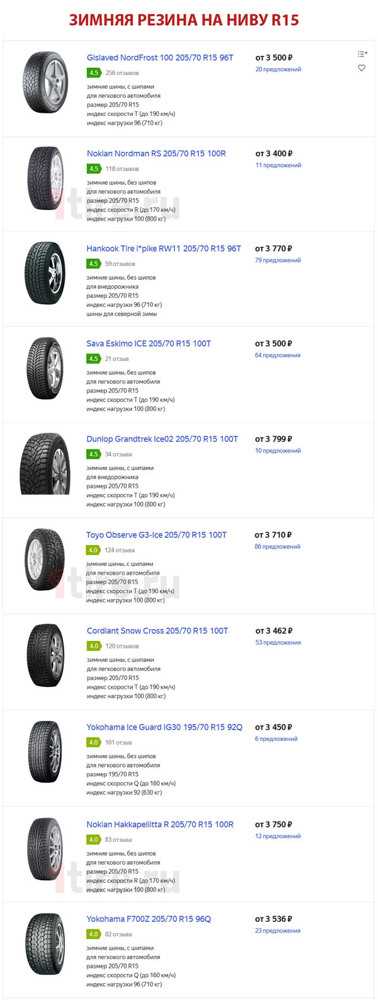
Hankook initially served only the Asian market, but its high-quality tire products made it possible to expand globally.
Hankook now has several manufacturing facilities located around the globe so that it can better understand and serve the needs of its many customers.
Hankook manufactures high-quality tires for private passenger vehicles, including trucks, vans, and SUVs as well as cars.
Hankook also makes tires for commercial trucks and buses. And it makes tires for trailers.
All of its tires are considered to be of high quality because that is what Hankook is determined to produce.
In order to ensure you can get high-quality tires for your vehicle, Hankook strives to understand customer demands and meet or exceed them.
Hankook strives to prevent waste and poor quality by researching new technologies and applying them in tire design and manufacturing.
The final result is an exceptionally high-quality line of tires that rates very well and matches or exceeds the quality produced by competing brands.
Hankook is not a premium tire brand and does not charge a premium price for its tires.
But you do get very high quality in well-designed and well-built tires that generally perform well and keep their customers very satisfied.
Are Hankook Tires Good? Here’s What You Need to Know
https://www.hankooktire.com/us/en/help-support/warranty/tire-warranty.html
Car tires - an elastic shell mounted on a disc rim. It is the tires that dampen the small vibrations that occur due to imperfect roads and compensate for the inconsistency in the trajectories of the wheels. The characteristics of tires affect: driving comfort, maneuverability and vehicle stability. However, even the highest quality rubber eventually deteriorates. Therefore, every driver should know how to correctly determine the degree of tire wear in order to replace them in time. Car and truck tires have different periods of use, depending on both the initial characteristics of the products and the operating conditions.
Car and truck tires have different periods of use, depending on both the initial characteristics of the products and the operating conditions.
Tires wear out not only due to operational loads. They are characterized by natural aging, since the rubber compound from which the tires are made gradually loses its elasticity and resilience. The use of such rubber leads to a deterioration in vehicle controllability and creates dangerous conditions due to the high probability of tire rupture on the way.
In accordance with GOSTs 4754-97 and 5513-97, the warranty period for car tires is 5 years. Foreign manufacturers claim that the service life of tires is 5-10 years. There are no legislative acts obliging drivers to change tires after this period, but in order to create safe driving conditions, the driver must take into account the recommendations of GOST. Manufacturers usually set their own warranty periods.
Michelin, Bridgestone, Nokian, Continental, Dunlop, Pirelli, Yokohama:
| Brand | Warranty period declared by the manufacturer |
| Bridgestone | Tire dependent - 3-6 years |
| Nokian
| 5 years |
| Continental | 10 years old |
| Dunlop | Tire dependent |
| Pirelli | Tire dependent |
| Yokohama | 5 years |
| Michelin | 10 years old |
During the warranty period, the responsibility for identified significant defects rests with the manufacturer. The owner of the vehicle will be forced to eliminate defects on his own if there have been:
The owner of the vehicle will be forced to eliminate defects on his own if there have been:
If the vehicle is used intensively, it may be necessary to replace the tires before the end of the warranty period.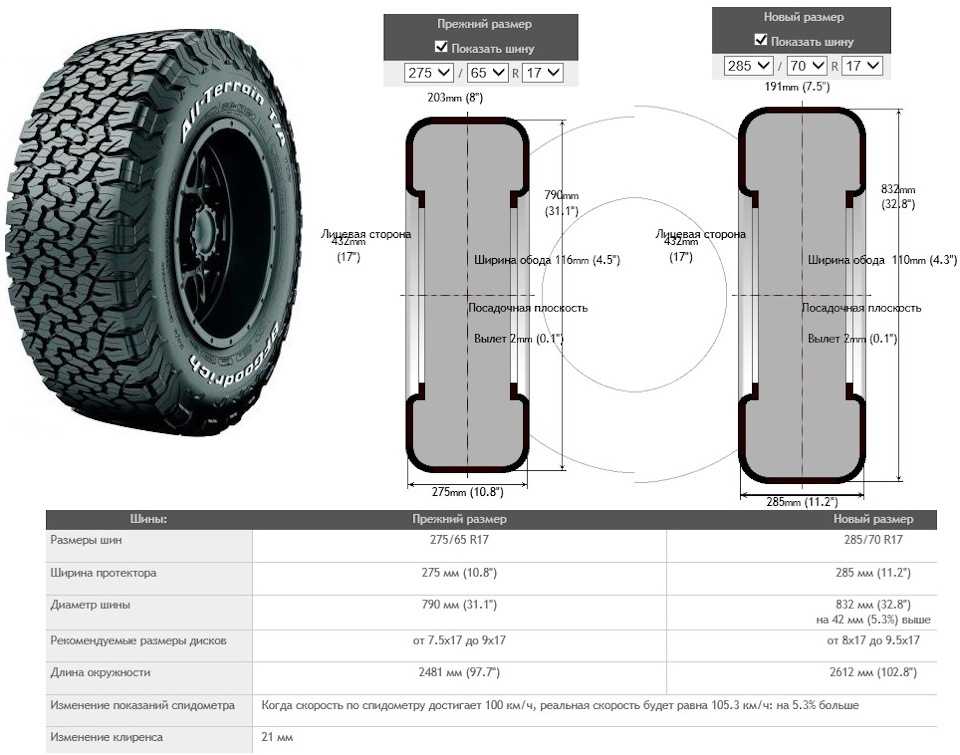 Therefore, regulatory documents establish the mileage after which you should think about replacing tires.
Therefore, regulatory documents establish the mileage after which you should think about replacing tires.
The maximum standard mileage is:
The actual rate of tire wear may differ from the standard values due to a whole list of factors, such as:
 Low-quality products under the influence of abrasive particles wear out very quickly.
Low-quality products under the influence of abrasive particles wear out very quickly. You can determine the need for tire replacement yourself by the following signs:
Table of minimum allowable tread depth for different modes of transport as amended on 01.01.2015
| Minimum allowable remaining tread depth | Type of transport |
| 0.8 mm | L - motorcycles, mopeds, quad bikes |
| 1. | N2, N3, O3, O4 - trucks with a maximum permissible mass of more than 3.5 tons and trailers with a maximum permissible mass of more than 3.5 tons |
| 1.6 mm | M1, N1, O1, O2 - cars, trucks and trailers with a maximum authorized mass of less than 3.5 tons |
| 2.0 mm | M2, M3 - buses |
| 4.0 mm | Winter tires marked M+S, M&S, M S, the residual tread depth does not depend on whether tires are installed on cars or trucks |
 If it does not exceed 50% of the original value, then the tires must be replaced.
If it does not exceed 50% of the original value, then the tires must be replaced. Important! If the outer edges of the tire wear faster, the internal pressure is insufficient. Accelerated wear of the central part indicates excessive pressure. Wear on one side indicates a violation of the toe angle. Uneven surface wear is evidence of aggressive driving with rapid acceleration and hard braking.
You can extend the life of your tires by doing the following:
Normative document regulating the terms and conditions of tire storage - GOST 24779-81. However, it is believed that when standard storage conditions are created, after 5 years of storage, tires retain the characteristics corresponding to the properties of a new product. If this period is exceeded, product characteristics may decrease.
However, it is believed that when standard storage conditions are created, after 5 years of storage, tires retain the characteristics corresponding to the properties of a new product. If this period is exceeded, product characteristics may decrease.
Basic requirements for a room intended for storage of tires:
Previous article↑ ArticlesNext article Consumer disputes over the age of tires have not subsided for several seasons. Buyers are excited that the warranty period for tires is limited to 5-6 years according to GOST, and after the expiration of this period, the rubber becomes unusable.
Is this really the case, read this article.
Manufacturers of most brands for their products set shelf life - 5 years and the service life is also 5 years .
The shelf life of a tire is the period during which it retains its performance when properly stored.
The end of this period does not mean that the tires have become unusable . A shelf life of 5 years is given by manufacturers because, by law, they cannot set a shelf life higher than the service life. Tires over 5 years of storage cannot be called damaged or defective, their technical characteristics may be slightly reduced. American researchers argue that the period of storage of "shoes" must be at least 10 years. Experts from Germany are sure that it cannot exceed 6 years.
The expiration date of tires is the warranty period during which the manufacturer is responsible for the quality and condition of the tire if it was used for its intended purpose without violating the operating rules.
According to Russian legislation (GOST 5513, GOST 4754-97) , the service life of tires is 5 years from the date of manufacture.
How can I find out the date of manufacture of tires?
You can find out the age of tires by a special DOT code. Tires manufactured after 2000 in the DOT code contain two pairs of numbers, where the first pair indicates the week number of the year, and the second pair indicates the year. Earlier tires before 2000 have 3 numbers in their composition, where the first two digits are the week number, and the last one is the year (see the transcript in the photo).
Tires manufactured after 2000 in the DOT code contain two pairs of numbers, where the first pair indicates the week number of the year, and the second pair indicates the year. Earlier tires before 2000 have 3 numbers in their composition, where the first two digits are the week number, and the last one is the year (see the transcript in the photo).
Determination of the average shelf life of a tire according to GOST and operating conditions.
- The symbol ZR denotes tires for high-speed cars. They are recommended to be used at speeds over 240 km/h. up to 6 years
- Tires with the H symbol are used at a maximum speed of 210 km/h. within 5 years.
- The sign S symbolizes the maximum permissible speed of 180 km/h. and operational period of 4-5 years.
Most tire manufacturers do not agree that tire life is limited to 5 years. Each company has its own opinion on this matter. We analyzed several of them and the information they posted on their official websites.
We analyzed several of them and the information they posted on their official websites.
Michelin
The French tire manufacturer Michelin has become famous for its active fight against the perception of the rapid aging of tires as a perishable product. Her information campaign "Tires Are Not Bananas" created a lot of noise in the automotive environment. According to the representative office, several test trials were carried out in Saudi Arabia, South Korea and Germany. As a result of testing, no difference was found between new tires and tires stored for 3 years. They were tested for various characteristics such as rolling resistance, high speed durability, etc. Tires with a year life were approximately equal in performance to 10-year unused tyres.
Michelin focuses the attention of car owners on the fact that tires are not a perishable product, their shelf life is not as important as the service life is important, starting from the date the tires are installed on the rims. It is from this moment that the tire is subjected to all tests: pressure, temperature changes, wear, contact with uneven and sharp coatings, etc.
It is from this moment that the tire is subjected to all tests: pressure, temperature changes, wear, contact with uneven and sharp coatings, etc.
Continental
On the Russian official website of Continental, we found the following information on the expiration dates of tires.
“When a tire is stored in the correct position and under the recommended conditions, it will not lose its original balanced performance for 5 years from the date of manufacture of the tire.
A properly maintained, unused tire less than 5 years old can be sold as a new tire and used normally.
Continental recommends replacing all tires (including spares) with a sidewall date greater than 10 years.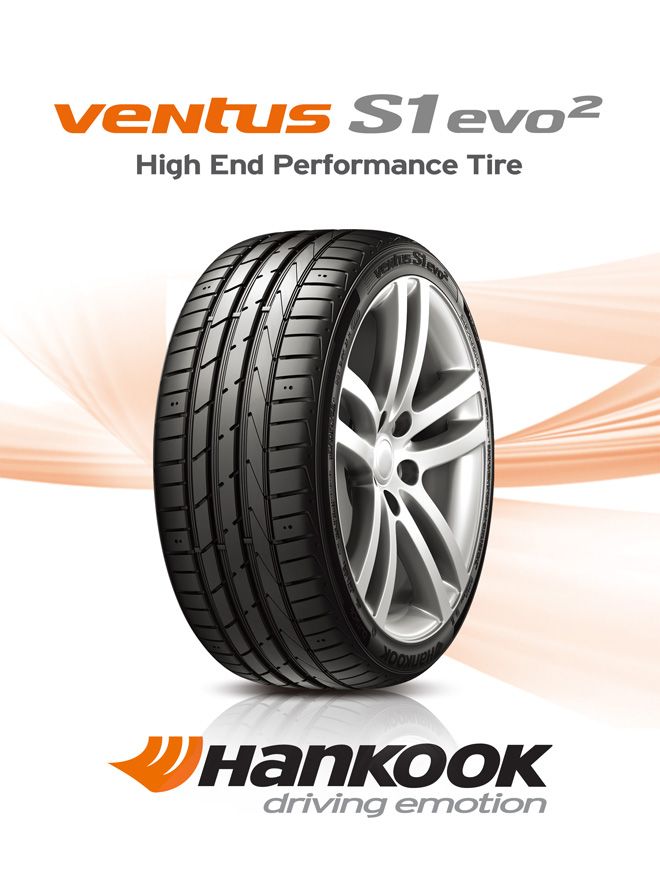
Nokian
The following information is posted on the Nokian official website:
“Tire life is not defined by law, but tires can only be considered “new” if they have been manufactured within the last five years. The recommended service life of tires is six years and the recommended maximum period is 10 years.
The opinion of our specialists, based on many years of experience, coincides with the opinion of manufacturers: the shelf life is 5 years + the service life is up to 10 years. Moreover, more "adult" tires, in our opinion, are of better quality.
To keep tires as long as possible, they are stored in compliance with all rules and recommendations. The main condition is a cool, ventilated, darkened room away from oils, paints, ozone, and heat sources.
Rubber products tend to lose their performance over the years. To prevent and slow down this process, manufacturers add polymers to the rubber compound. They prevent oxidative processes that occur due to the interaction of protectors with oxygen and ozone.
They prevent oxidative processes that occur due to the interaction of protectors with oxygen and ozone.
The following are the main conditions for the proper storage of tires in accordance with GOST 24779-81:
Maintaining a constant regime without sudden jumps, slight temperature fluctuations from -30°С to +35°С are allowed;
Provide a low humidity level of 50-80% in a dry, ventilated cool room;
Avoid direct sunlight, use darkened hangars, shield heat sources;
Keep away from sources of heat;
Tires should not come into contact with corrosive, copper materials.
Avoid kinking, loading or positioning on an uneven surface.
Avoid contact with oils, organic solvents, acids, alkalis, fuels and lubricants on the tire surface. It is forbidden to lay tires on a wet and dirty surface.
In the warm season, when storing tires outside, they should be covered with light-tight material and raised above ground level to ensure ventilation and prevent the occurrence of the greenhouse effect.
Storage on reflective, light and heat absorbing surfaces is prohibited.
Keep away from chemicals, oils, paints, open flames, electric motors that produce ozone.
Used tires must be washed and dried.
Tires without rims should be stored upright.
The service life depends on many factors: the load on the car, the quality of the roads, the driving style, the distance traveled, tire damage, etc. To increase their service life, follow these rules:
Check tire pressure every 2-3 weeks. With reduced pressure, tire wear increases by the equivalent of a % reduction. For example, a 15% reduction in pressure can result in a 15% reduction in service life. Inflated tires are less scary.
The wear of the front tires is always significantly higher than the rear ones, so it is recommended to swap them after some time, carefully watching the direction of the tread pattern and the direction of rotation.